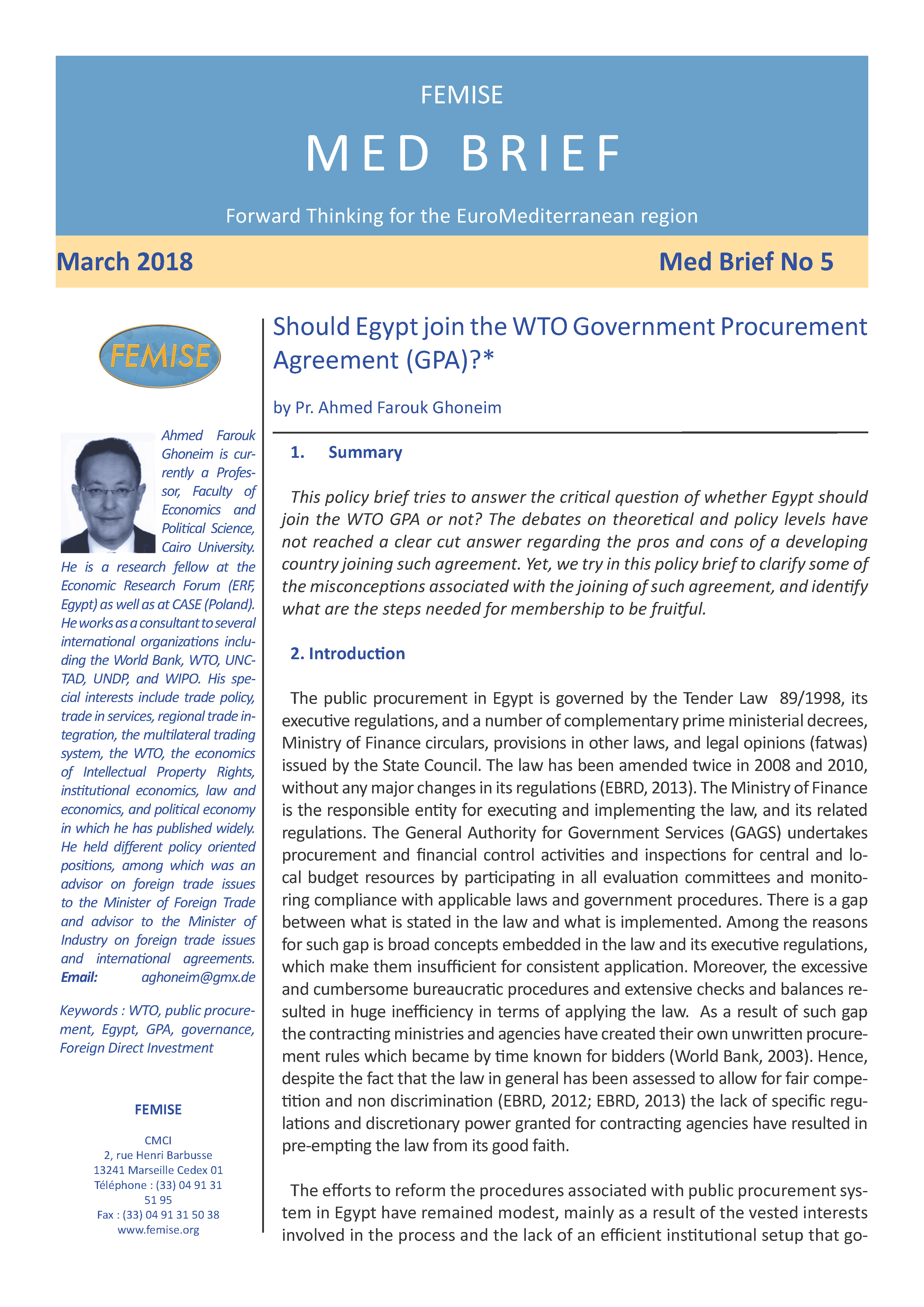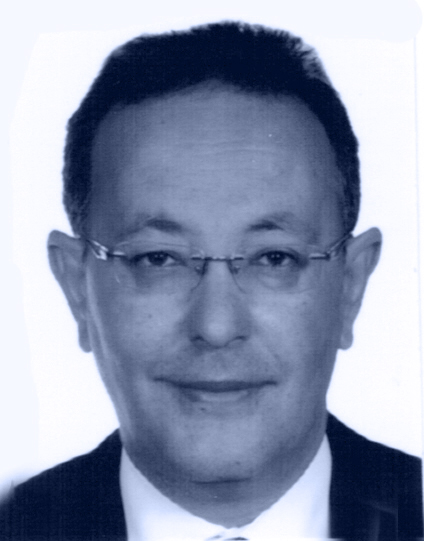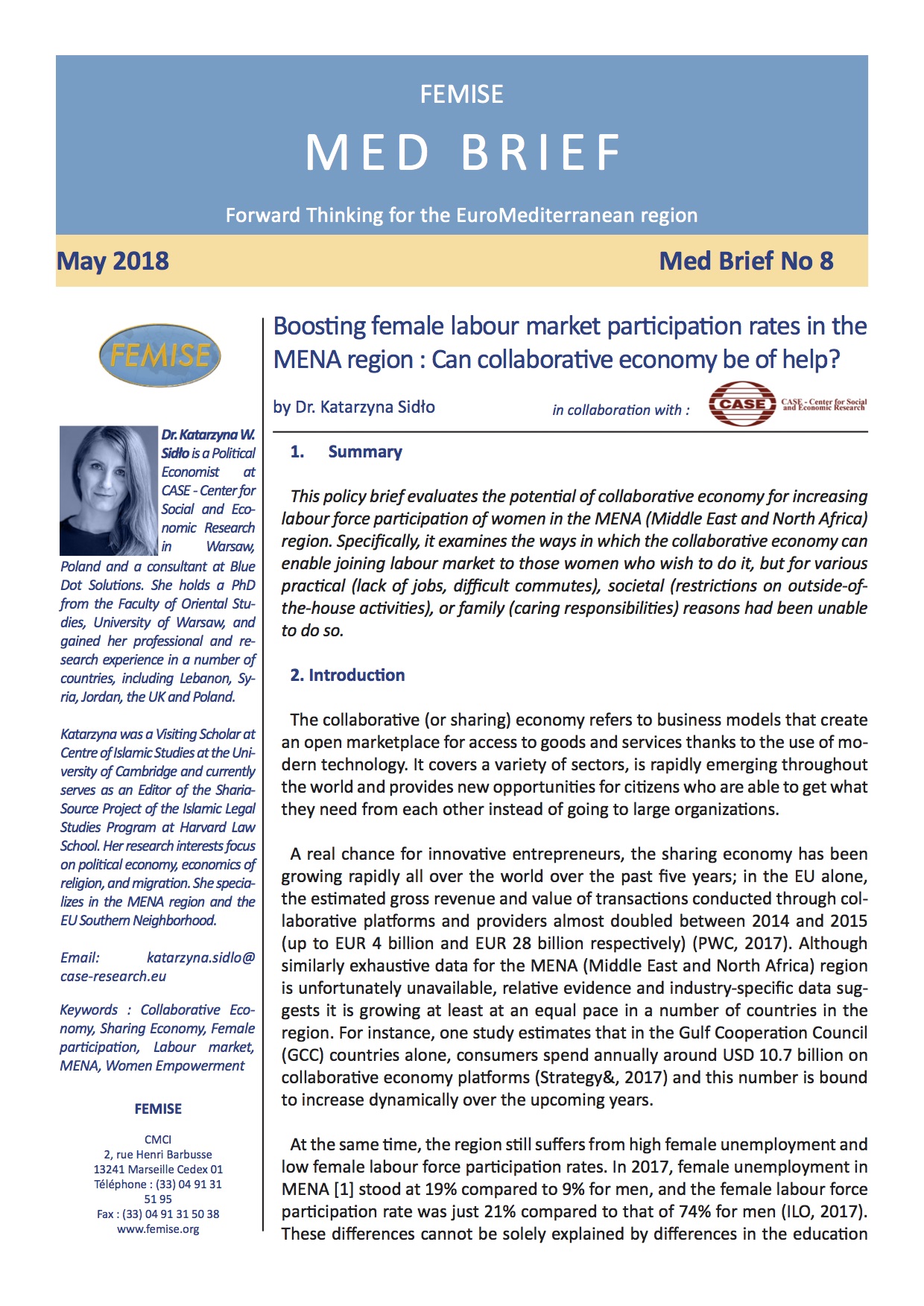 The FEMISE Policy Brief series MED BRIEF aspires to provide Forward Thinking for the EuroMediterranean region. The briefs contain succinct, policy-oriented analysis of relevant EuroMed issues, presenting the views of FEMISE researchers and collaborators to policy-makers.
The FEMISE Policy Brief series MED BRIEF aspires to provide Forward Thinking for the EuroMediterranean region. The briefs contain succinct, policy-oriented analysis of relevant EuroMed issues, presenting the views of FEMISE researchers and collaborators to policy-makers.
The eighth issue of MED BRIEF “Boosting female labour market participation rates in the MENA region : Can collaborative economy be of help? ”is available by clicking here.
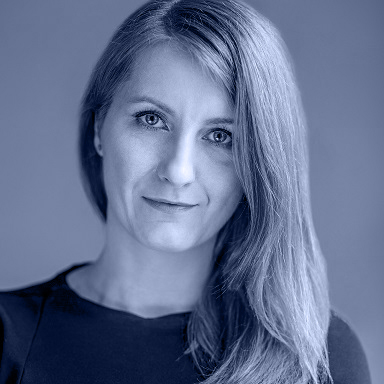
Dr. Katarzyna Sidło, CASE (Center for Social and Economic Research), FEMISE
This policy brief evaluates the potential of collaborative economy for increasing labour force participation of women in the MENA (Middle East and North Africa) region. Specifically, it examines the ways in which the collaborative economy can enable joining labour market to those women who wish to do it, but for various practical (lack of jobs, difficult commutes), societal (restrictions on outside-of-the-house activities), or family (caring responsibilities) reasons had been unable to do so.
Also available in Arabic here.
The list of FEMISE MED BRIEFS is available here.
 The policy brief has been produced with the financial assistance of the European Union within the context of the FEMISE program. The contents of this document are the sole responsibility of the authors and can under no circumstances be regarded as reflecting the position of the European Union.
The policy brief has been produced with the financial assistance of the European Union within the context of the FEMISE program. The contents of this document are the sole responsibility of the authors and can under no circumstances be regarded as reflecting the position of the European Union.




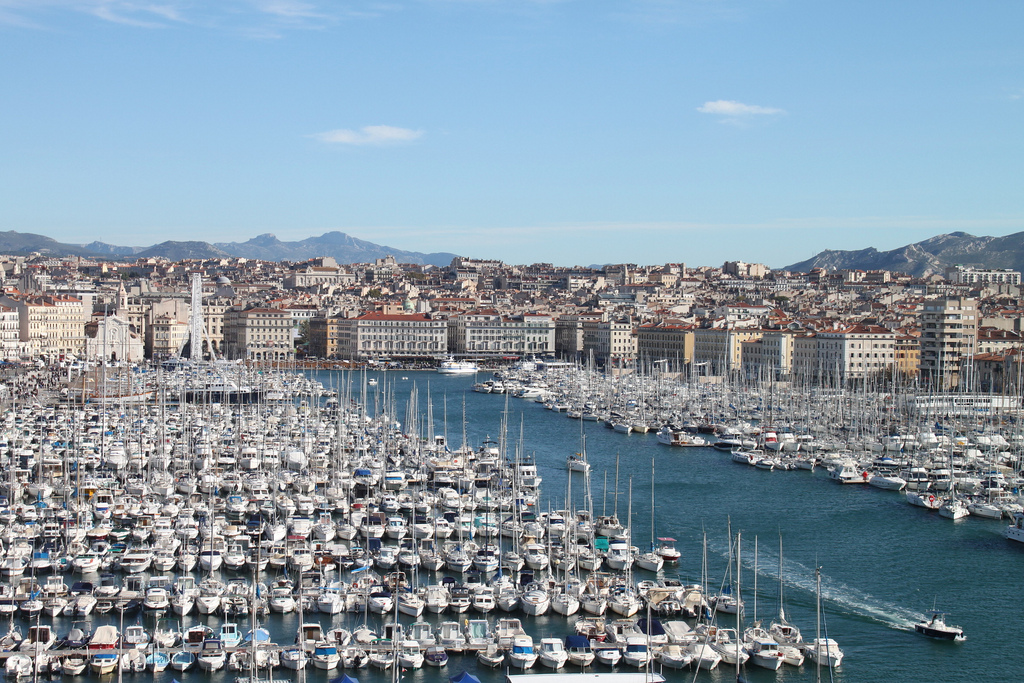 The workshop, organized by Institut de la Méditerranée and the Departmental Council of the Bouches du Rhône, in partnership with FEMISE and ENERGIES2050, addresses the actors for whom these issues have a resonance, the political actors of the territory as well as non-state actors (private operators, civil society organizations, universities …). While considering the recent and current economic situation, this workshop highlights the development opportunities to be seized. It illustrates the momentum created by local actors and makes a positive contribution to debates on climate issues in the Mediterranean in the light of current realities and challenges.
The workshop, organized by Institut de la Méditerranée and the Departmental Council of the Bouches du Rhône, in partnership with FEMISE and ENERGIES2050, addresses the actors for whom these issues have a resonance, the political actors of the territory as well as non-state actors (private operators, civil society organizations, universities …). While considering the recent and current economic situation, this workshop highlights the development opportunities to be seized. It illustrates the momentum created by local actors and makes a positive contribution to debates on climate issues in the Mediterranean in the light of current realities and challenges.


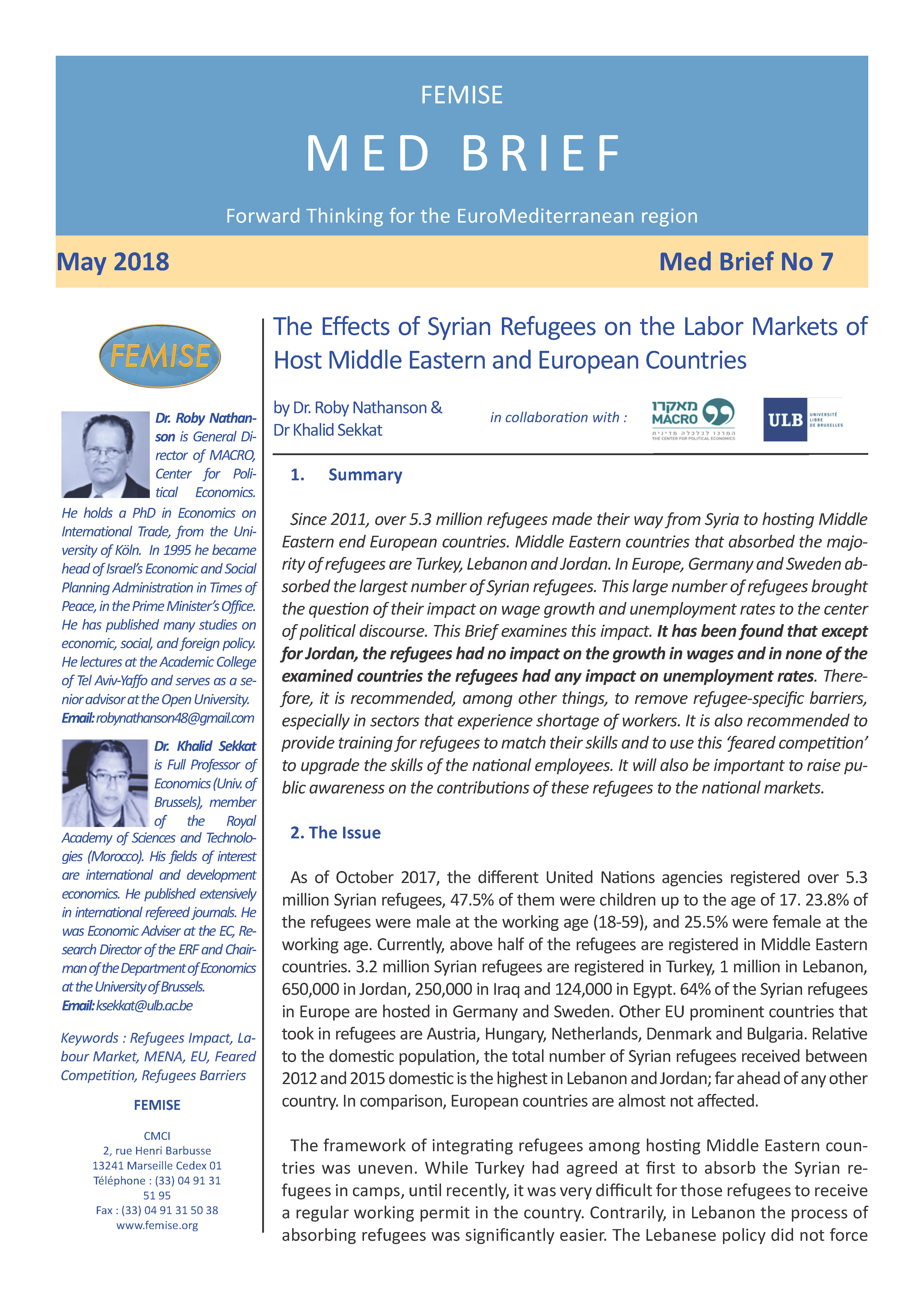 The FEMISE Policy Brief series MED BRIEF aspires to provide Forward Thinking for the EuroMediterranean region. The briefs contain succinct, policy-oriented analysis of relevant EuroMed issues, presenting the views of FEMISE researchers and collaborators to policy-makers.
The FEMISE Policy Brief series MED BRIEF aspires to provide Forward Thinking for the EuroMediterranean region. The briefs contain succinct, policy-oriented analysis of relevant EuroMed issues, presenting the views of FEMISE researchers and collaborators to policy-makers. 

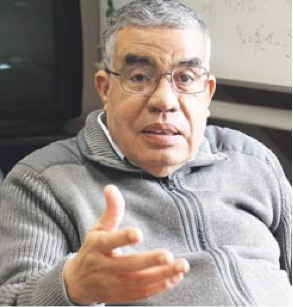 It is with deepest regret that FEMISE has to announce to its members and colleagues the departure of one its active and founding members: Prof. Ahmed Driouchi, passed away on the 2nd of May 2018.
It is with deepest regret that FEMISE has to announce to its members and colleagues the departure of one its active and founding members: Prof. Ahmed Driouchi, passed away on the 2nd of May 2018.
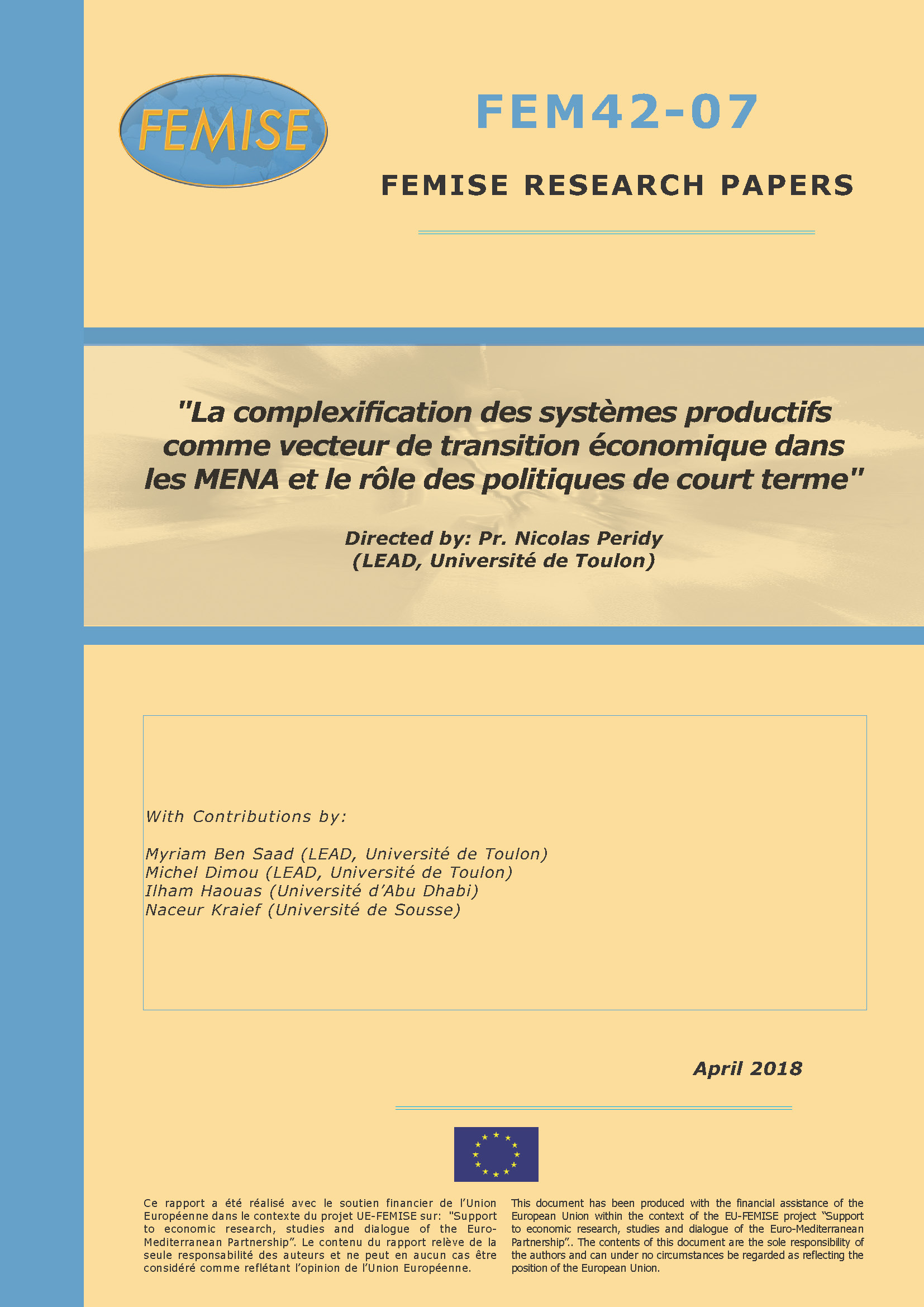 FEMISE is pleased to announce the publication of its research project FEM42-07,
FEMISE is pleased to announce the publication of its research project FEM42-07, 



